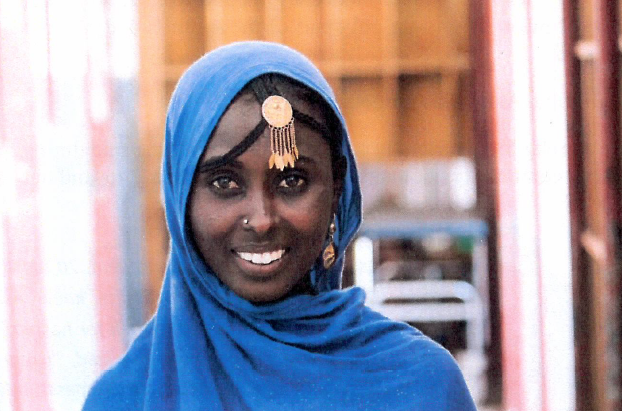Accelerating the action to end female genital mutilation in Ethiopia
Fondation Espoir - CLOSED
-
Themes
Health and Research -
Focus area
Development -
Status
Completed project -
Region
Africa
Fondation Espoir, now closed, supported victims of feminine genital mutilation in Ethiopia
Every year, thousands of young girls are exposed to humiliating and painful genital mutilations in Ethiopia. Following its humanitarian objectives, Fondation Espoir, in collaboration with UNICEF supports a project that aims at ending female genital mutilation (FGM) by the end of 2025.
In Ethiopia, over 50% of the population is under 18 years old, and the country is divided in over 80 ethnic groups. Practices like female genital mutilation or child marriage are deeply rooted in a set of beliefs, values, and cultural and social behaviour patterns. FGM often leads to major immediate or longer-term complications such as haemorrhaging from the dorsal artery, shock, infection, urinary retention and tetanus, and eventually death. Haemorrhage is also seen as a late complication especially with newly married girls who were tightly infibulated and subjected to forcible sex by the husband.
In Ethiopia, the regions that are most impacted by these practices, Afar and Somali, lack a sufficient health infrastructure to deal with this situation and to provide care for the survivors of these practices. There are few hospitals, and even the regional referral hospitals do not always have a gynaecologist in their service. Moreover, the population, divided into many ethnic groups is not informed about the risks linked to FGM and often does not see them as harmful.
Fondation Espoir decided to take an active role in changing the current situation by designing, together with UNICEF, this ambitious five-year project.
The aim of this program was to:
- Provide care and support for victims of FGM
- Prevent the further development of such practices
- Provide training for over 3000 health workers and medical school gynaecology and obstetrics department staff
- Establish and support regional and national child friendly justice systems

Related publications
Related news
- How to maximise the impact of philanthropy
- Philanthropy, Impact Investing Can Work Side-By-Side - Foundation
- Fondation Espoir hires four gynaecologists to care for girls and women subjected to FGM/C in Ethiopia
- Communiqué de presse: UNICEF-Luxembourg et la Fondation Espoir luttent contre la mutilation génitale féminine
© UNICEF Luxembourg



